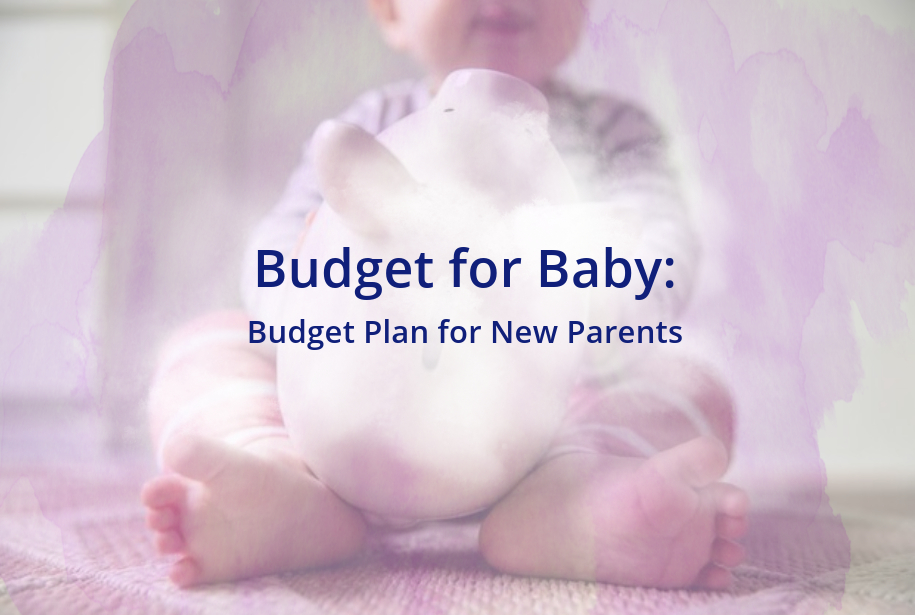Welcoming a new member into the family is undoubtedly an exciting and joyous occasion. However, along with the bundles of joy come a host of new responsibilities, and managing finances becomes a crucial aspect of parenthood. In this comprehensive guide, we will explore practical tips and strategies to create a budget for baby, ensuring that you provide the best for your little one without breaking the bank.
Understanding the Costs
Before diving into the nitty-gritty of baby budgeting, it’s essential to understand the various costs associated with raising a child. From diapers and formula to nursery furniture and healthcare, the expenses can add up quickly. By breaking down these costs, you can create a realistic budget that covers all aspects of your baby’s needs.
- Essentials:
- Diapers
- Formula or breastfeeding supplies
- Clothing
- Baby gear (stroller, car seat, crib)
- Baby care products (shampoo, lotion, wipes)
- Healthcare:
- Doctor visits
- Vaccinations
- Health insurance premiums
- Childcare:
- Daycare or babysitter expenses
- Baby-proofing the home
- Education:
- College savings fund
- Miscellaneous:
- Toys and entertainment
- Birthday parties and celebrations
- Emergency fund for unexpected expenses
Creating a Realistic Budget for Baby
Now that you have a clear understanding of the potential expenses, it’s time to create a realistic budget tailored to your family’s financial situation. Follow these steps to develop an effective baby budget:
- Assess Your Current Finances:
- Review your current income, expenses, and savings. Understanding your financial landscape is crucial for making informed decisions.
- Identify Essential Expenses:
- Prioritize the essential baby-related expenses, such as diapers, formula, and healthcare. Allocate a specific portion of your budget to cover these needs.
- Set Realistic Goals:
- Establish short-term and long-term financial goals. Whether it’s saving for your baby’s education or building an emergency fund, having clear objectives will guide your budgeting efforts.
- Create a Monthly Budget:
- Break down your budget on a monthly basis, considering both fixed and variable expenses. Be realistic about your spending habits and make adjustments as needed.
- Explore Cost-Saving Strategies:
- Look for discounts, promotions, and sales on baby essentials. Consider buying items in bulk to save money in the long run. Additionally, explore second-hand options for items like baby clothes and gear.
- Factor in Unexpected Expenses:
- Babies are unpredictable, and unexpected expenses can arise. Allocate a portion of your budget to an emergency fund to cover unforeseen costs.
- Review and Adjust Regularly:
- Regularly review your budget to ensure it aligns with your family’s changing needs. Adjust as necessary, especially as your baby grows and their requirements evolve.
Budget-Friendly Baby Essentials
Navigating parenthood on a budget doesn’t mean compromising on the quality of care for your little one. Consider these budget-friendly alternatives for essential baby items:
- Diapers:
- Opt for store-brand diapers, which are often more affordable than name brands.
- Explore cloth diapering options for long-term cost savings.
- Click here to get are suggestions on some top comfort diaper brand in your budget
- Formula and Feeding Supplies:
- Look for generic or store-brand formula, as they often meet the same nutritional standards as pricier options.
- Consider breastfeeding to eliminate formula costs.
- Clothing:
- Take advantage of sales, especially during the change of seasons, to stock up on baby clothes at discounted prices.
- Borrow or buy second-hand clothes from friends, family, or online platforms.
- Baby Gear:
- Consider buying second-hand strollers, car seats, and cribs from reputable sources to save significantly.
- Explore local parenting groups for hand-me-downs or swaps.
- Baby Care Products:
- Use multi-purpose baby products to minimize the number of items you need.
- Look for promotions and discounts on baby care products in bulk.
Smart Saving Strategies
In addition to budgeting, implementing smart saving strategies can further ease the financial burden of parenthood. Consider the following tips:
- Start a College Savings Fund:
- Open a 529 savings plan to begin saving for your child’s education. Even small contributions can grow significantly over time.
- Take Advantage of Tax Credits:
- Explore available tax credits for families, such as the Child Tax Credit and the Child and Dependent Care Credit.
- Create a Baby Fund:
- Set up a separate savings account specifically for baby-related expenses. This can help you track and manage these costs more effectively.
- Utilize Hand-Me-Downs:
- Accept gently-used items from friends or family members. Babies grow quickly, and many items are only used for a short period, making hand-me-downs a practical and economical choice.
- Build an Emergency Fund:
- Prioritize building an emergency fund to cover unexpected medical expenses or other unforeseen circumstances.
Conclusion
Parenthood is a remarkable journey filled with love, joy, and the occasional sleepless night. By approaching it with careful financial planning, you can navigate the challenges without unnecessary stress. Remember that every family’s situation is unique, and there is no one-size-fits-all solution. Tailor your baby budget to your specific needs, explore cost-saving options, and be flexible as your family grows and changes. With a well-thought-out budget, you can focus on creating lasting memories with your little one while securing a stable financial future for your family.






